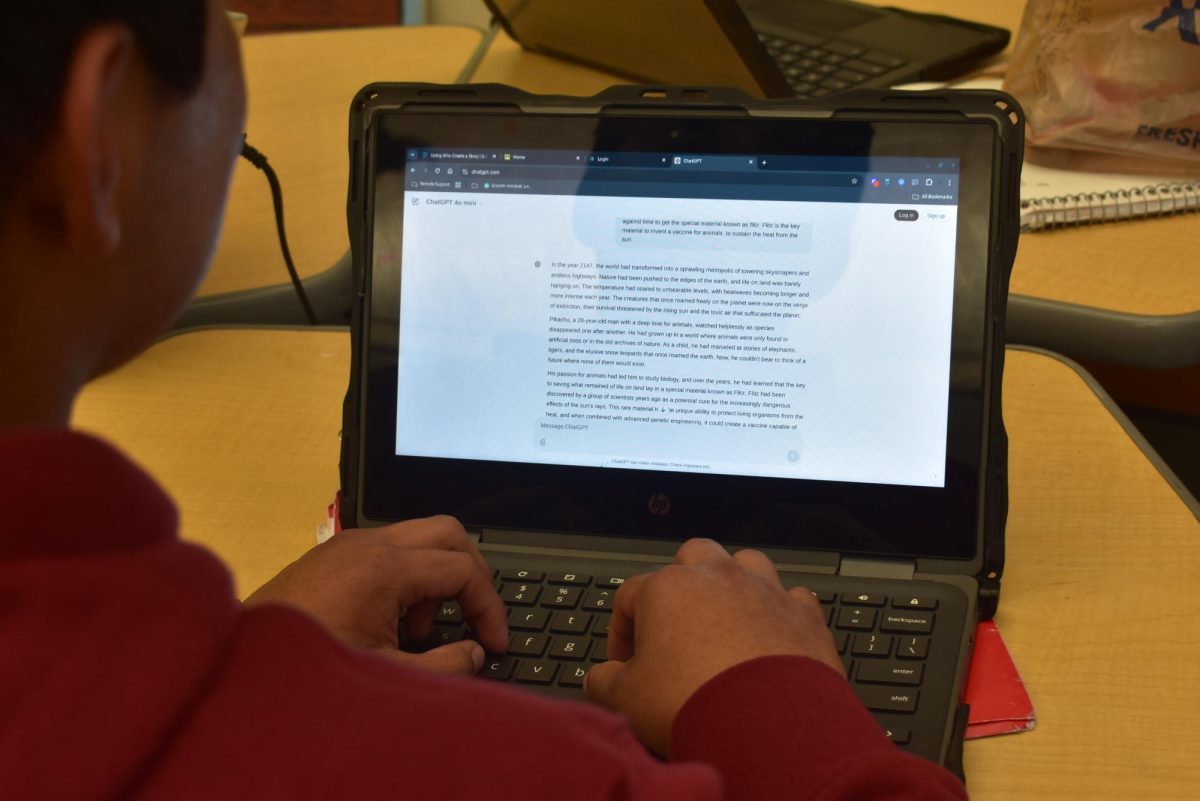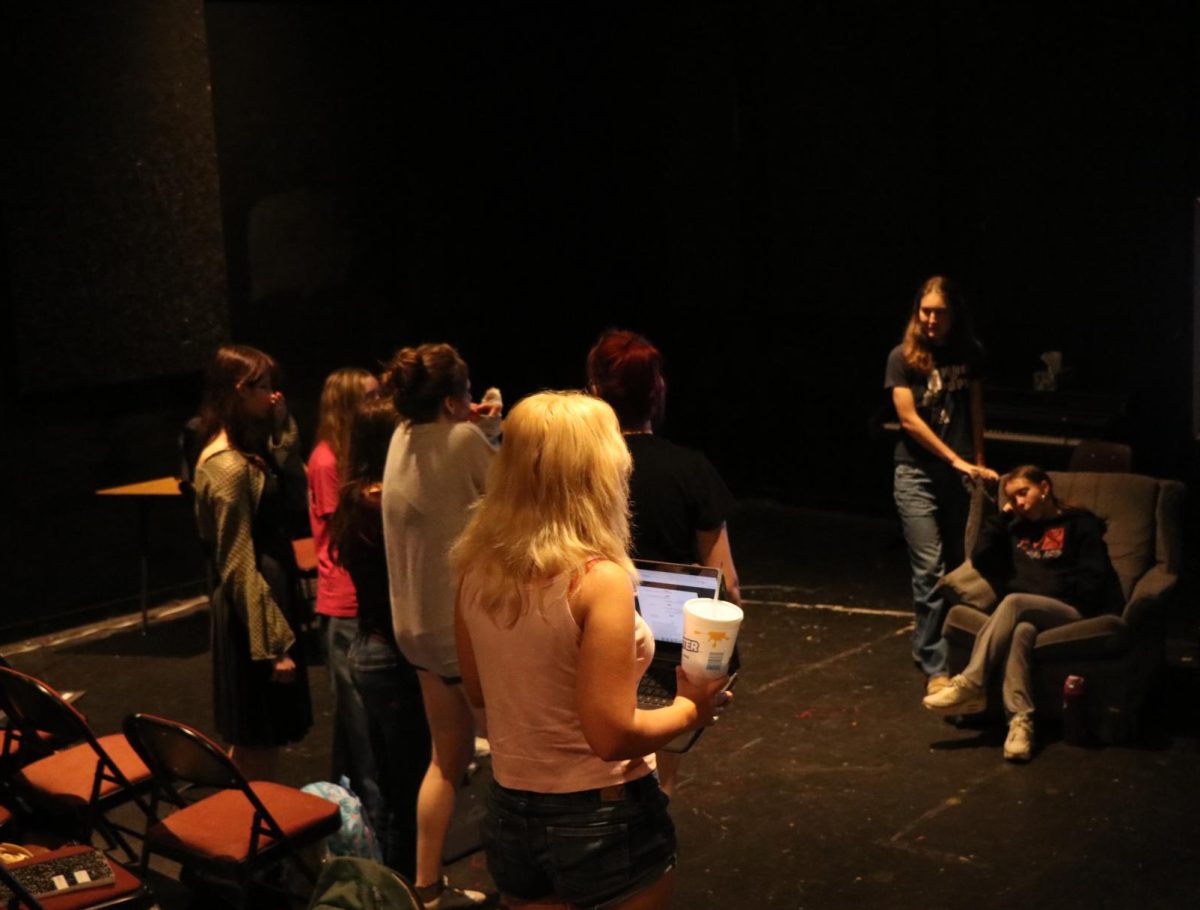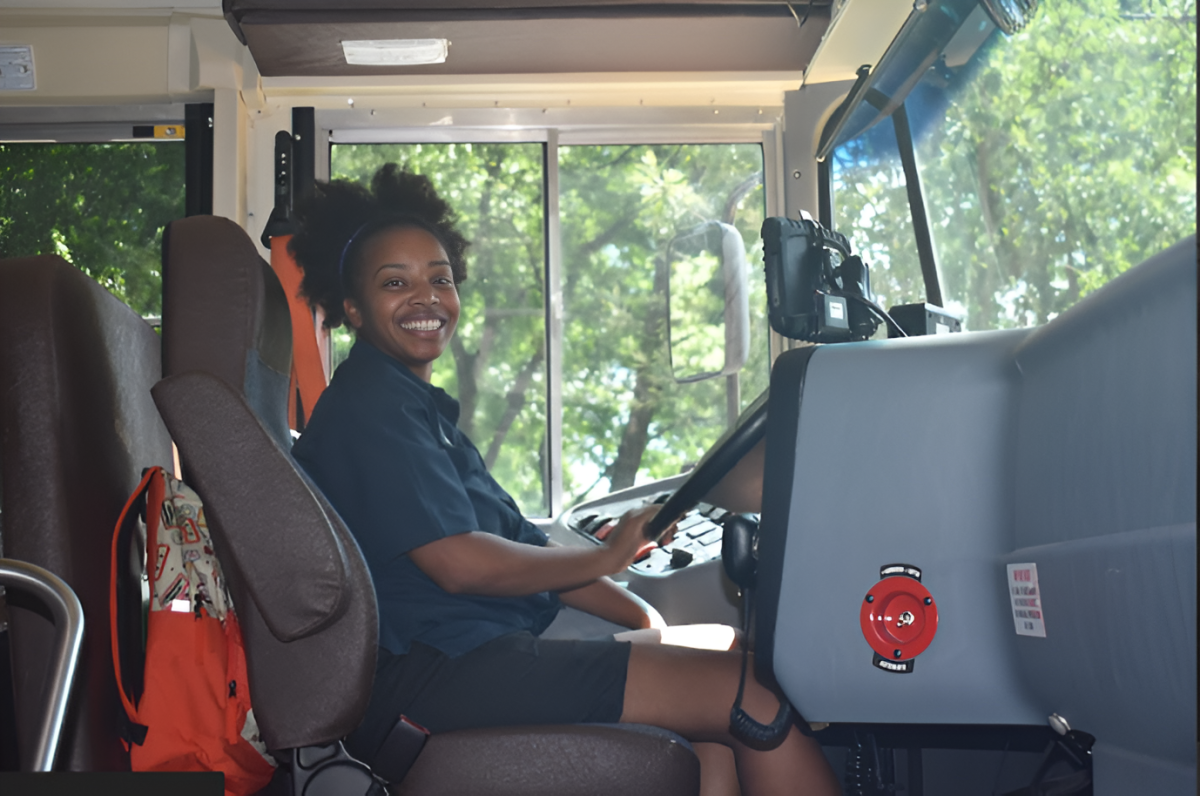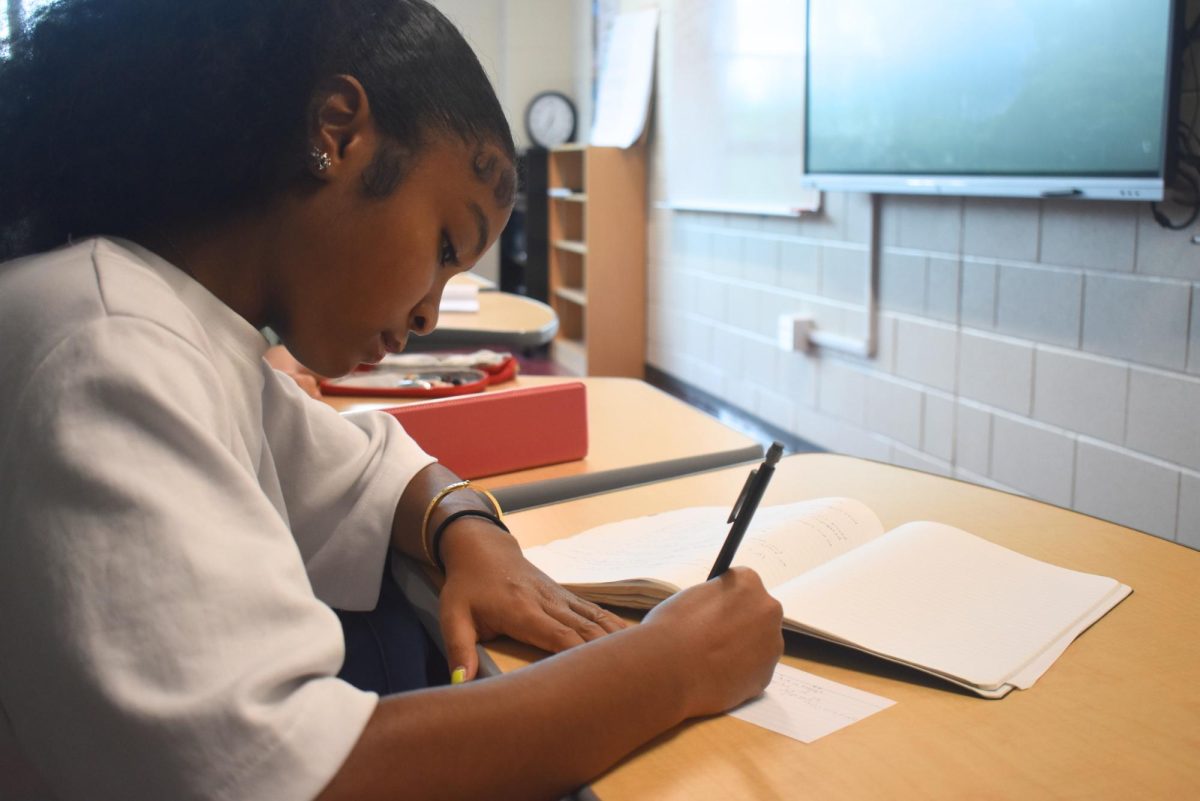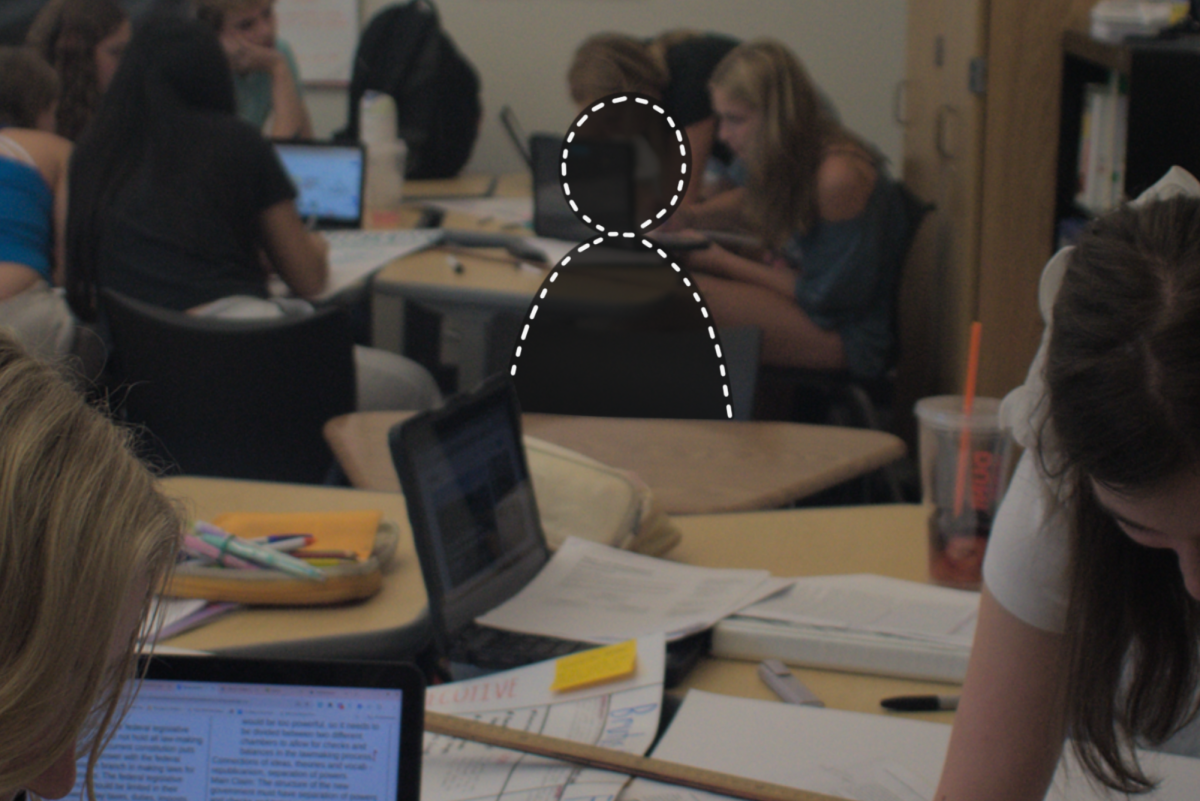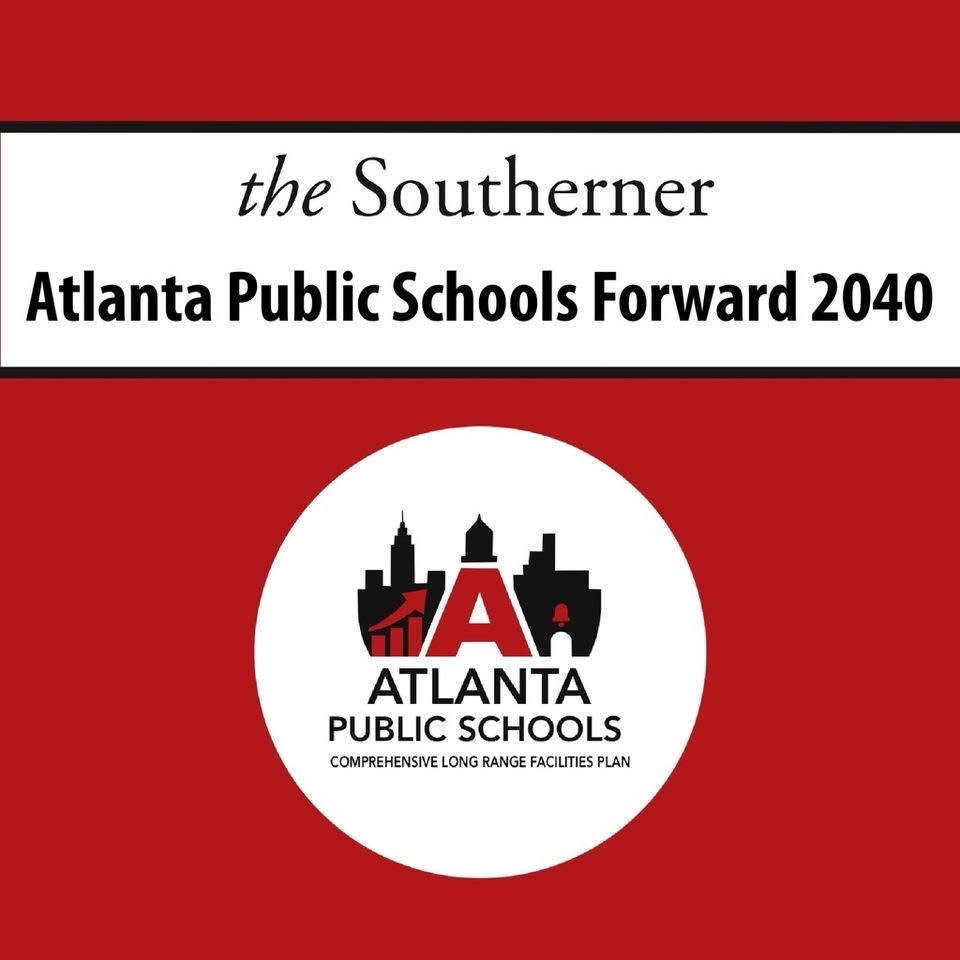As the use of artificial intelligence increases worldwide, teachers at Midtown are integrating AI into their curriculum. They have found ways for students to use AI as a complement in class, so they can use it now and in the future.
“AI is definitely a useful tool, but at this point, we as teachers have to help [students] figure out what’s the proper way to use it,” Spanish teacher Silvia Riet said. “It’s not going away, if anything, it’s going to get better, so we can’t ignore that it’s something that you’re all going to have to use in the future.”
Atlanta Public Schools has adopted Magic School AI, an AI program that teachers have been taught to use.
“We’ve had training ourselves as teachers where we’re trying to use AI,” Riet said. “We’ve done training on [Magic School AI] to try and incorporate some of these things to try and get you all to learn what is an effective way of using [AI].”
English teacher Mario Herrera said AI is a powerful search engine; he believes AI complements learning instead of taking away from it.
“I think it is an amazing tool for things like brainstorming and structure and coming up with ways to do things that maybe people don’t think of,” Herrera said. “Brainstorming and coming up with specific ideas and ways to do things when creating a prompt for AI — it has to be pretty specific, and so that requires actually a lot of critical thinking.”
AI can be used in a variety of ways and can cater to different classes and their curriculum.
“For me, I started using [AI] when it first came out with my upper level classes, particularly when we were discussing art, because it allowed me to take a work of art and make it fit the criteria that I needed,” Riet said. “Then I started having the kids use it to maybe show me something, like with the Day of the Dead, when I had them take la Catrina and modernize it.”
Engineering teacher Melissa Nunnink said even classes that aren’t based on online content can still incorporate AI into schoolwork.
“I have had students use AI in order to polish, refine and check the skill set that they have when it comes to writing resumes or client letters,” Nunnink said. “Generally, because of the nature of my content, it is hard for me to push AI on a regular basis. But I’m not afraid to have kids use AI as a tool to make them better.”
Nunnink said AI can be very useful, but it also has a downside.
“I think that presenting ourselves authentically in our writing is important but also seeing how AI could add softeners or elements of language that we don’t typically use, it could definitely improve our chances of getting a job, for instance, is legit,” Nunnink said. “I think we should be [using AI], but we do run the risk then of having kids lose their voice.
Riet believes one benefit of teaching students how to use AI effectively now, is that it will help them learn when not to use it in the future.
“[AI] is not going away; you’re going to see this in, you know, most jobs that you go out there,” Riet said. “AI has its use, so just the idea of learning how to use it properly, like what are the things that I should be asking it, what are the things that I can feed it to get the appropriate feedback that I want, so I can use it in a more effective and efficient way.”
Freshman Lola Manning said she being introduced to AI in school will help her in the future.
“I do feel like [using AI now] will be helpful because of how AI has grown; I feel like it’s going to be more in the workforce and everything, so everybody’s going to have to learn how to use it in the right way at some point,” Manning said. ”And I feel like allowing [AI] in school is going to somewhat prepare for that.”
Nunnink believes that as today’s students grow up, AI will continue to become an even bigger part of their lives.
“I think [current students’] lives are going to depend much more on AI than mine,” Nunnink said. “When [they] become an adult, AI is going to be the presumption and not the exception like it is today.”

